When enhancing the activities performed by Production Control departments, a great many questions have been raised for over ten years which aim to delve further into the operational need for this function in organisations that carry out both standardised projects and prototypes and in pioneering firms, among others. These uncertainties reflect a lack of knowledge about or regulation of the function, ranging from the limits of its responsibilities to its day-to-day tasks and the processes in which it is involved.
In order to understand the role attributed to Production Control staff within an organisation, it is necessary to take a brief glance at their situation within the standard organisation chart of any process. These departments are necessarily situated at the confluence of interdepartmental information channels, in cross-functional management and operation and protocol-related incident alerts which directly affect the production process. This allows them to have a privileged insight on the contribution made by proposals aimed at the continuous improvement of processes or procedures within the European culture of standardisation.
There is, however, a much harsher reality opposed to this apparently idyllic situation. As can be supposed, any person situated amidst pressures tends to suffering burnout and, given the complexity of some processes and projects, also to frustration. It is therefore necessary to exercise absolute control and differentiate among concepts like “priority”, “urgent”, “necessary”, “essential”, etc., which arise daily with regard to the different tasks they carry out. This personal exhaustion, which can at time also affect professional development, is a consequence of the different paces in the production process, which is always subject to tight deadlines, external pressures and the necessary implementation of protocols to ensure the end product’s quality and added value.
The Production Control Area is just another cog in the company wheel. We are committed to quality values which we consider should be inherent to the entire set of processes that comprise an end product and allow it to be delivered with all sorts of guarantees. We are aware that circumstances have placed us in the middle of a daily maelstrom, acting as go-betweens or mediators between other specialised departments (quality, production, engineering and logistics). We cover a small part of each of them and integrate them into our day-to-day tasks. The ultimate aim is to improve overall management, although knowing that the operational changes we put forward cannot always be implemented, as it is likewise necessary to consider other logical interests like costs and implementation time scales.
Lastly, I believe it is necessary to reaffirm that Production Control departments have become an essential element over the years due to the position they occupy within the general organisation chart of companies. They are also one of the work groups that are most involved in the overall process, turning proactiveness into a daily tool in keeping with the needs clients seek to cover. Commitment, effectiveness, efficiency and experience are blended together in a precise cocktail that defines us as one of the most well-regarded work teams internally at our clients’ facilities



